France imposes lockdown in Paris as COVID-19 variant cases rise
France has imposed a month-long lockdown on Paris and parts of the north amid a rise in the number of coronavirus variant cases.
Prime Minister Jean Castex said at a press conference that France was in the grips of a third wave, noting that a more contagious variant of the coronavirus that was first spotted in Britain now accounts for some 75% of infections in his country.
"The epidemic is getting worse. Our responsibility now is to not let it escape our control," Castex said.
On Thursday, France registered 35,000 new infections, with more COVID-19 cases in intensive care in Paris than at the peak of the second wave.
Castex said the lockdowns will take effect from Friday at midnight in the16 hardest-hit departments across the country.
"Four weeks, the time required for the measures to generate a sufficient impact. (It is) the time we need to reach a threshold in the vaccination of the most vulnerable."
The new lockdown will close barbers, clothing stores and furniture shops and restrict movement outside, while schools and essential businesses such as bookstores will remain open. People will be allowed to exercise outdoors within a 10 km (6.2 miles) radius of their homes.
President Emmanuel Macron had previously defied calls for lockdown by scientists and some in his government, and vowed to keep the euro zone’s second largest economy as open as possible.
The premiere defended the government’s decision not to lock down earlier, while there is discontent among doctors over overloaded wards.
"We're back here again," Reuters cited Abdid Widad, a ward chief at a private hospital on the edge of Paris, as saying.
A nationwide nightly curfew will remains in place, but will be reduced by one hour, starting at 7 pm.
Castex also said France would resume use of the Anglo-Swedish vaccine, AstraZeneca, as the European Medicines Agency had confirmed it was safe, adding that he would receive the shot himself on Friday afternoon.
More than a dozen nations, including France, had suspended the use of the AstraZeneca vaccine over concerns about reports of rare blood clots in the brain.
The European Medicines Agency's director, Emer Cooke, told a briefing on Thursday that the EMA’s expert committee on the safety of medicines has “come to a clear scientific conclusion” on the review of cases of blood clots in people who received the shot, saying "This is a safe and effective vaccine."
“Its benefits in protecting people from COVID-19, with the associated risks of death and hospitalization, outweigh the possible risks.”
However, she said a link between blood clots in the brain and the vaccine, the first and cheapest of the COVID-19 vaccines to be developed and launched at volume, could not be definitively ruled out.
Other European countries also announced on Thursday the resumption of the use of the AstraZeneca vaccine.
Germany said it would resume administering the inoculation from Friday.
The country’s Health Minister Jens Spahn said suspending the vaccine out of caution had been the right call "until the clustering of this very rare type of thrombosis had been examined".
Italy, Cyprus, Latvia and Lithuania also said they would do the same, while Spain said it was evaluating a possible resumption.
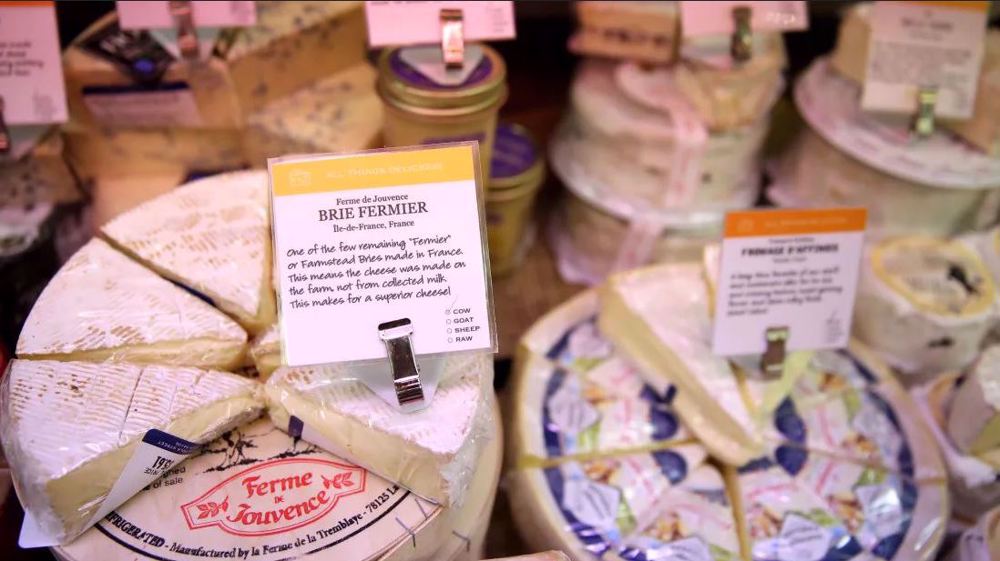
EU will 'do the same' if US implements tariff hikes: France
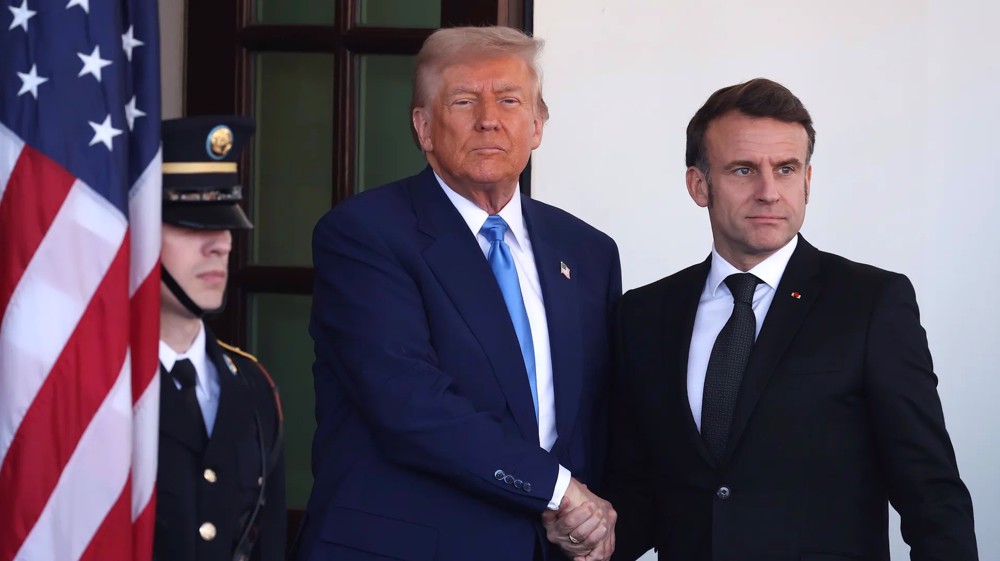
France offers nuclear shield to Europe as US threatens to withdraw forces: Report
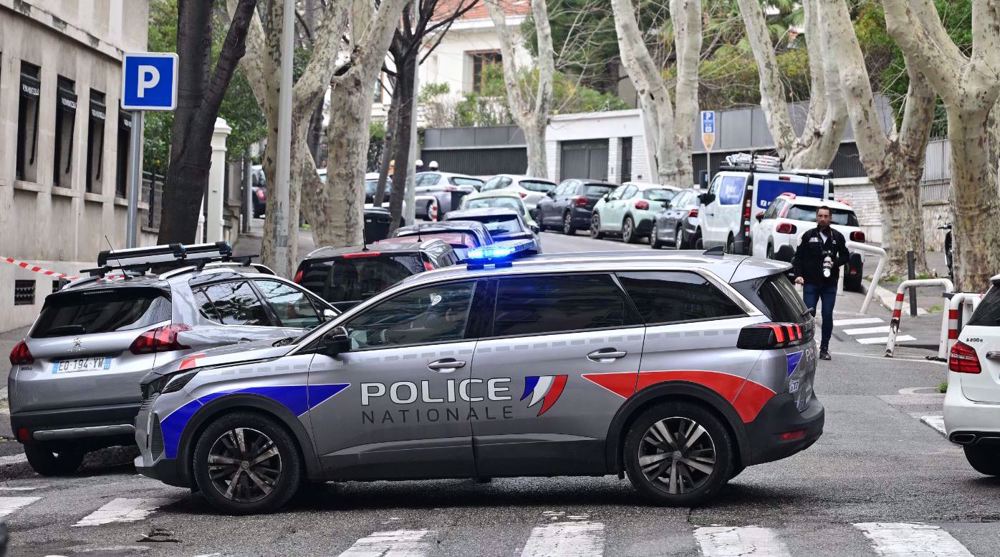
Russian consulate in France comes under attack on Ukraine war anniversary
VIDEO | Press TV's news headlines
Longest held Palestinian prisoner released by Israel
Iran condemns Israel’s military threats
VIDEO | Pakistan, Iran strengthen trade ties with $10 billion target
VIDEO | What conditions faced by Palestinian prisoners?
Israel carried out mass killing of own people under ‘Hannibal Directive’: Military probe
VIDEO | Telecommunications down in Gaza due to Israeli curbs delaying repairs
Egypt: Hamas-Israel negotiations on next phase of ceasefire begin


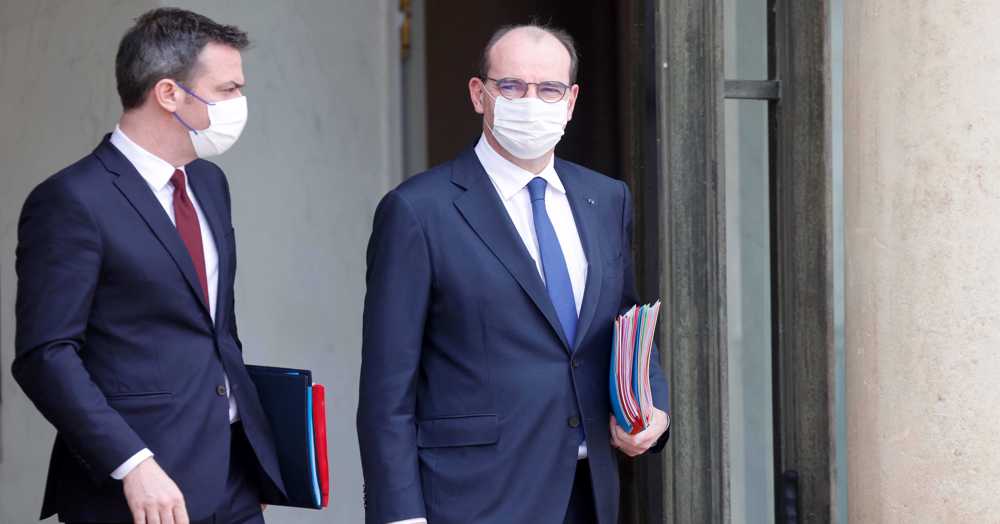



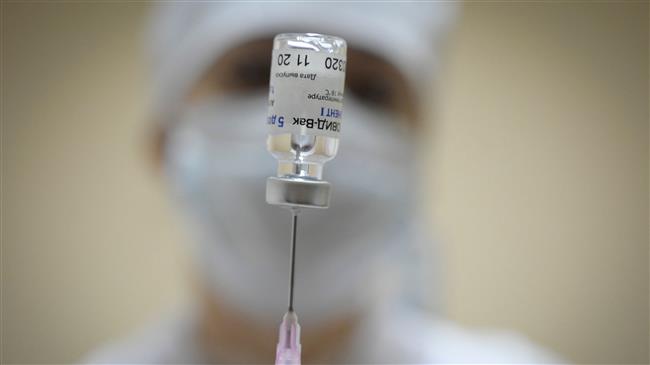

 This makes it easy to access the Press TV website
This makes it easy to access the Press TV website